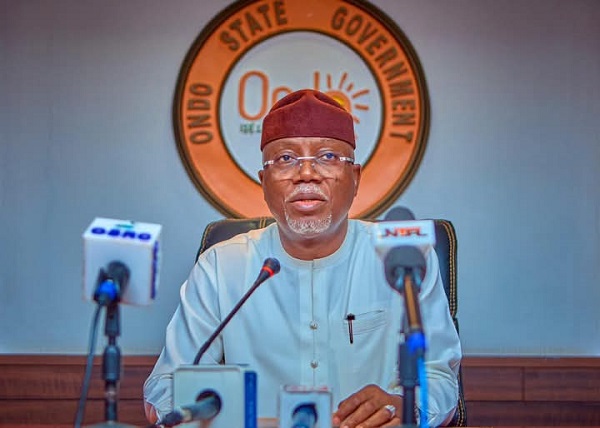The landing cost of imported Premium Motor Spirit (PMS), commonly known as petrol, has recorded a marginal decline, dropping from ₦849.61 to ₦839.97 per litre.
According to figures released by the Major Energies Marketers Association of Nigeria (MEMAN), daily data from the association’s Competency Centre showed that the average landing cost was ₦849.61 on October 13, ₦847.61 on October 14, ₦841.54 on October 20, and ₦839.97 on October 21.
Despite this downward trend, depot owners have not reduced their ex-depot (gantry) prices, and filling stations continued to sell petrol at around ₦915 and above as of Thursday.
The MEMAN report also indicated that the latest landing cost is roughly ₦37 lower than the Dangote Refinery’s gantry price, which stands at ₦877 per litre.
Dangote Industries had earlier adjusted its depot price upward from ₦820 to ₦877 per litre without prior notice, even as consumers anticipated a price reduction to around ₦841 per litre — a figure previously projected by the company during the launch of its compressed natural gas (CNG) truck fleet in mid-September.
At present, major filling stations such as Mobil sell petrol for about ₦915 per litre, while NNPC Retail outlets offer the product for approximately ₦928 per litre. Some Dangote partners, including Heyden and MRS, maintain pump prices above ₦920, reflecting the refinery’s higher ex-depot rate.
Independent marketers have expressed concerns that imported petrol is now cheaper than locally produced supplies, contrary to earlier expectations.
Since commencing petrol production in September 2024, the Dangote Refinery has implemented several price adjustments that have pressured importers to reduce their own prices in order to stay competitive. Some marketers claim these frequent price shifts have caused losses and allege that Dangote’s pricing model could lead to market dominance.
Sources within the sector confirmed that a few marketers have petitioned regulatory authorities to prevent any single player from dictating market prices.
Earlier in September, the refinery had announced a reduction in petrol prices — from ₦865 per litre to ₦841 in Lagos and the South West, and ₦851 in Abuja, Delta, Edo, Rivers, and Kwara States. However, the Depot and Petroleum Product Marketers Association of Nigeria (DAPPMAN) criticized the move, arguing that it disrupted market stability.
DAPPMAN’s Executive Secretary, Olufemi Adewole, stated that portraying these price cuts as acts of goodwill ignored their strategic timing and economic impact. He argued that the reductions often occurred when importers had active cargoes either offshore or in storage, triggering price volatility and creating financial strain for other operators.
Adewole further noted that the downstream sector does not depend solely on the Dangote Refinery, which he said contributes only 30–35% of national demand. The remainder, he explained, is supplied by other marketers operating under the supervision of the Nigerian Midstream and Downstream Petroleum Regulatory Authority (NMDPRA).
The sharp increase in retail petrol prices — from about ₦865 to nearly ₦1,000 per litre in some areas — has left many Nigerians puzzled, particularly as the main price determinants, crude oil and the naira exchange rate, have remained relatively stable.
MEMAN’s latest report indicated that both the exchange rate and global crude prices have fallen in recent weeks. The naira, which traded at around ₦1,700 to the dollar in the first quarter of the year, now exchanges for roughly ₦1,470. Similarly, Brent crude prices have dropped from above $80 per barrel earlier in the year to about $61 per barrel.
Data from energy analytics firm Kpler shows that global crude prices fell further last week, with Brent briefly dipping below $60 per barrel following geopolitical tensions and renewed tariff threats.
The fall in crude prices coincided with an unexpected increase in domestic petrol prices, creating confusion among consumers already grappling with high living costs.
While Nigerians anticipated a reduction in pump prices, rates instead surged two weeks ago. The Independent Petroleum Marketers Association of Nigeria (IPMAN) attributed the increase to depot owners, accusing them of hoarding and raising prices to between ₦930 and ₦950 per litre in many regions.
IPMAN also alleged that the Dangote Refinery had delayed product loading for some marketers despite full payment made weeks earlier. Following these developments, petrol stations across the country adjusted their pump prices upward in line with the new supply conditions.








